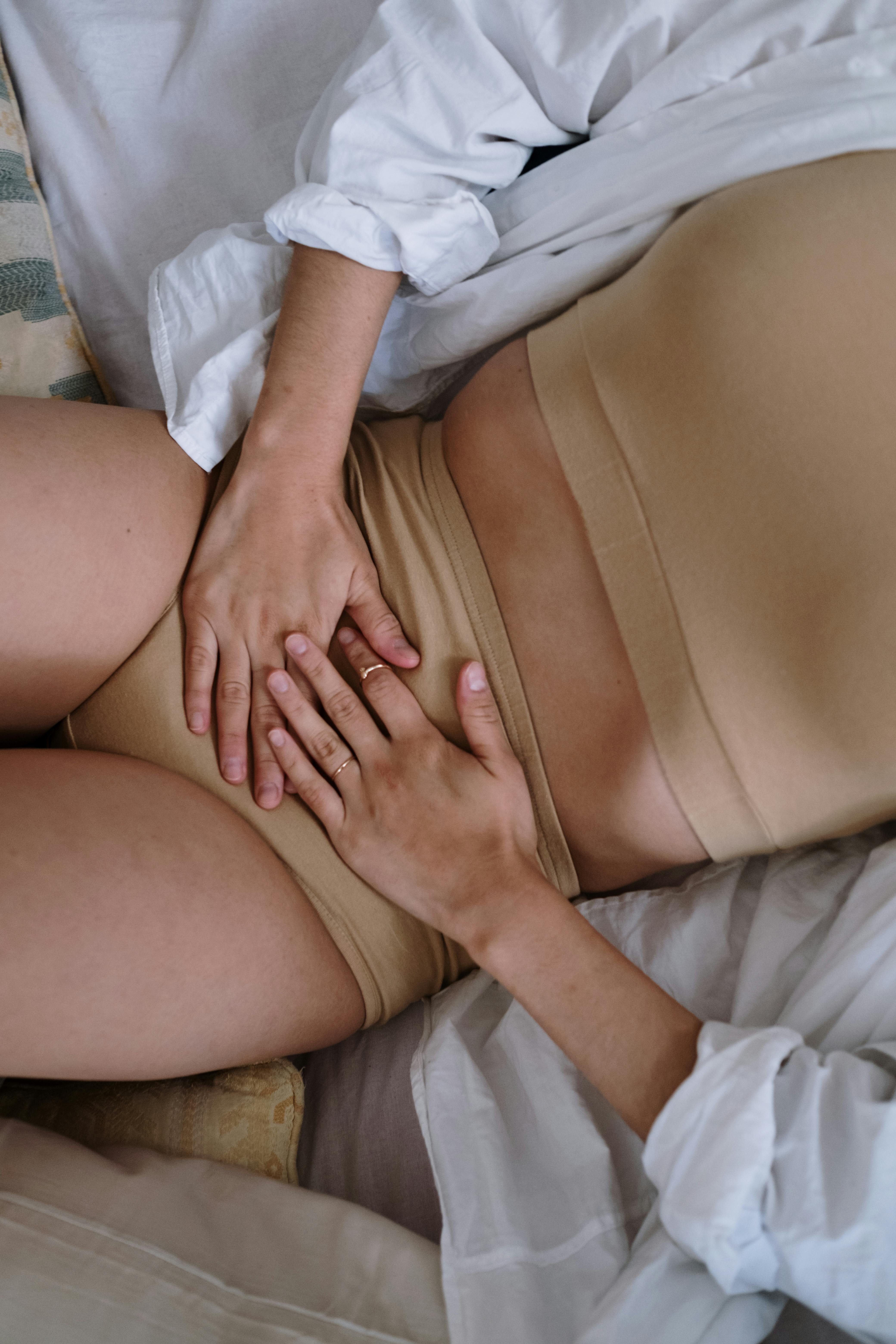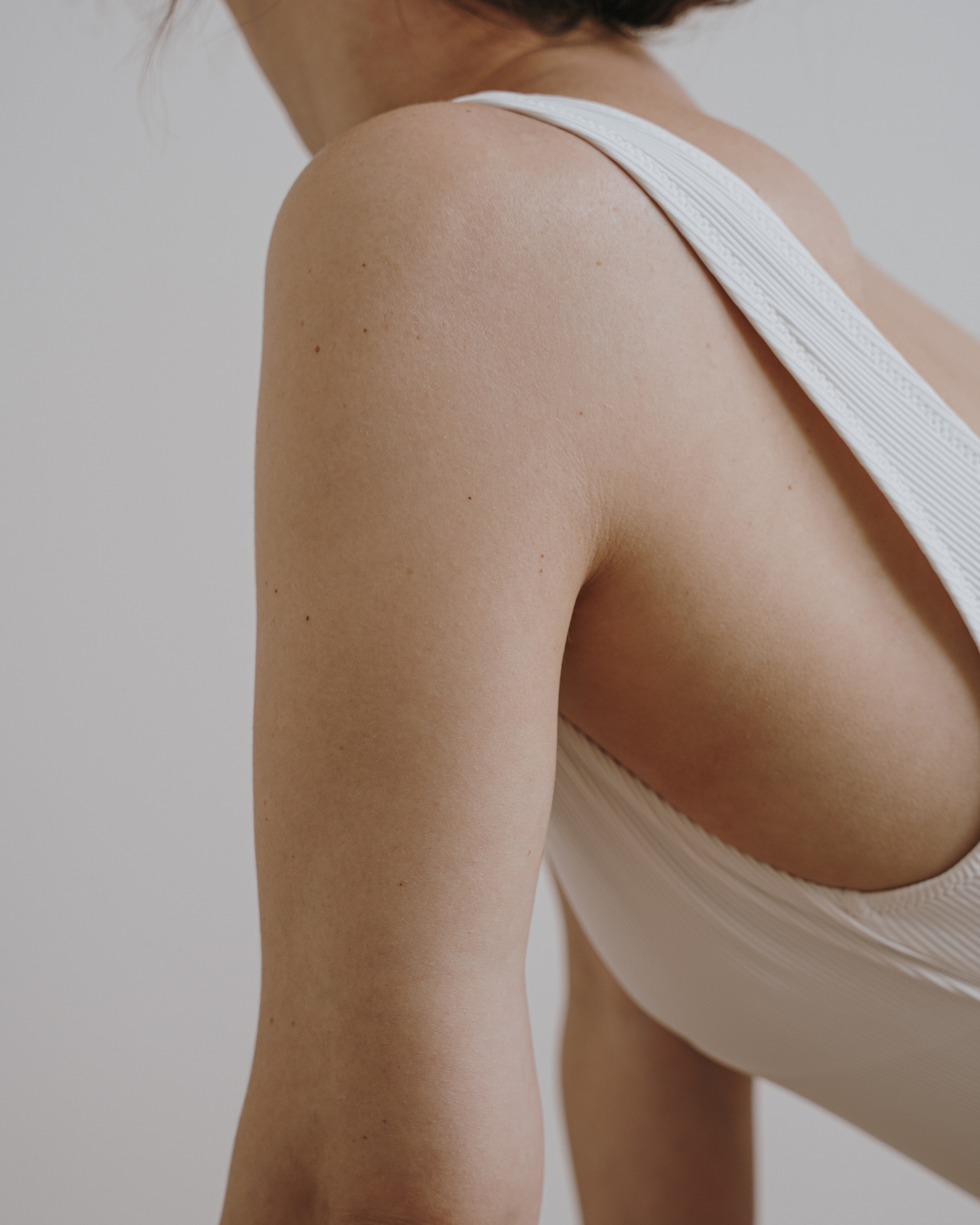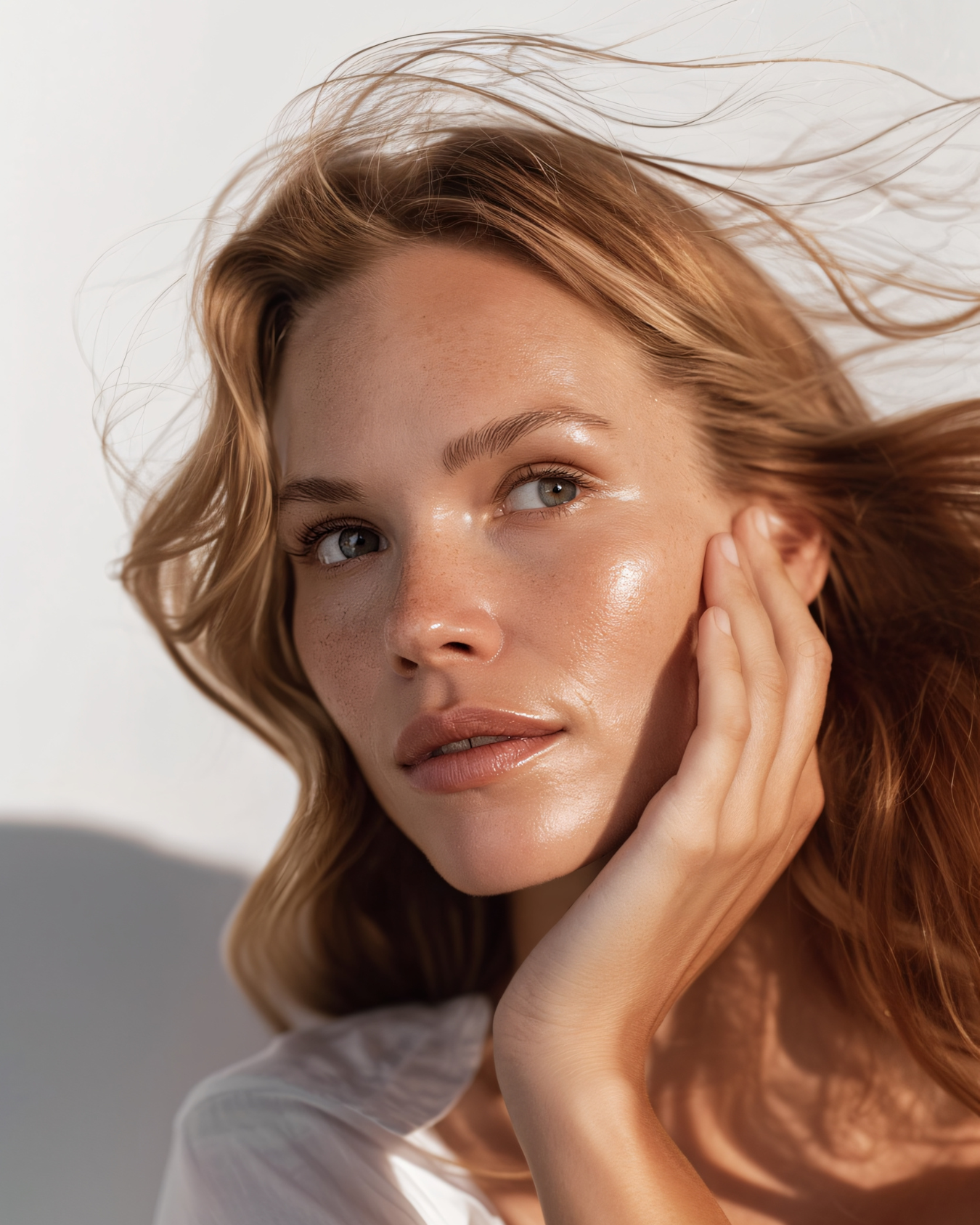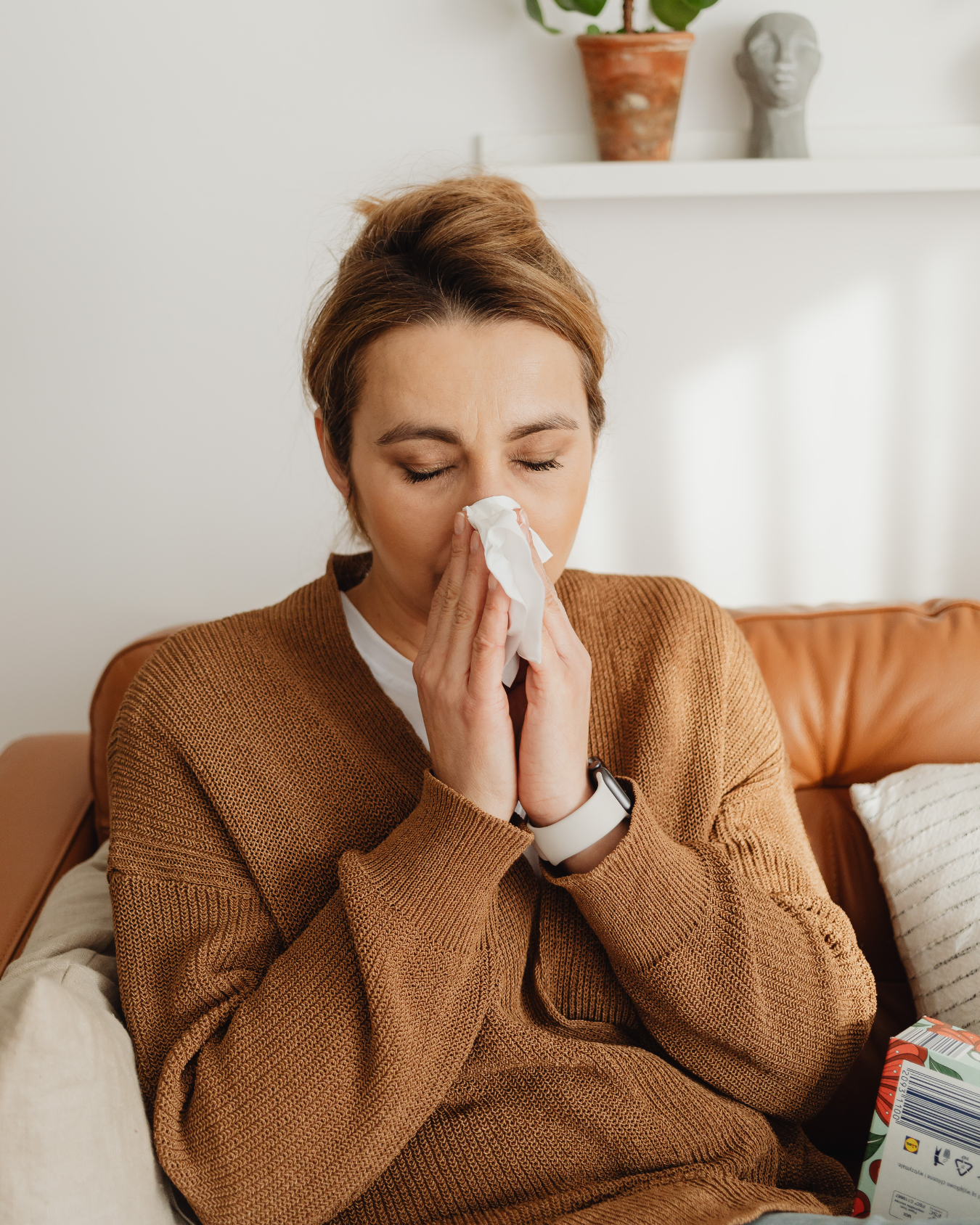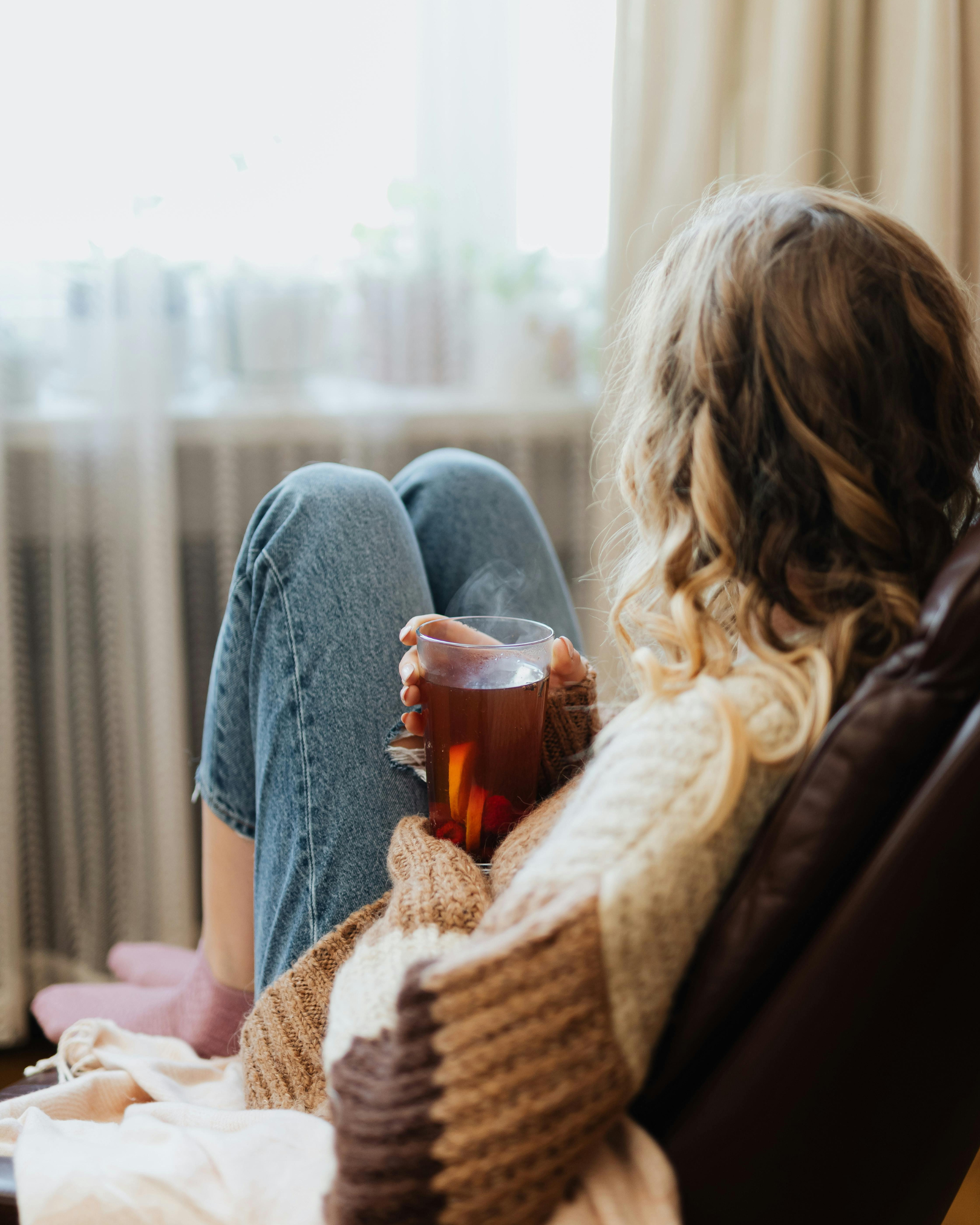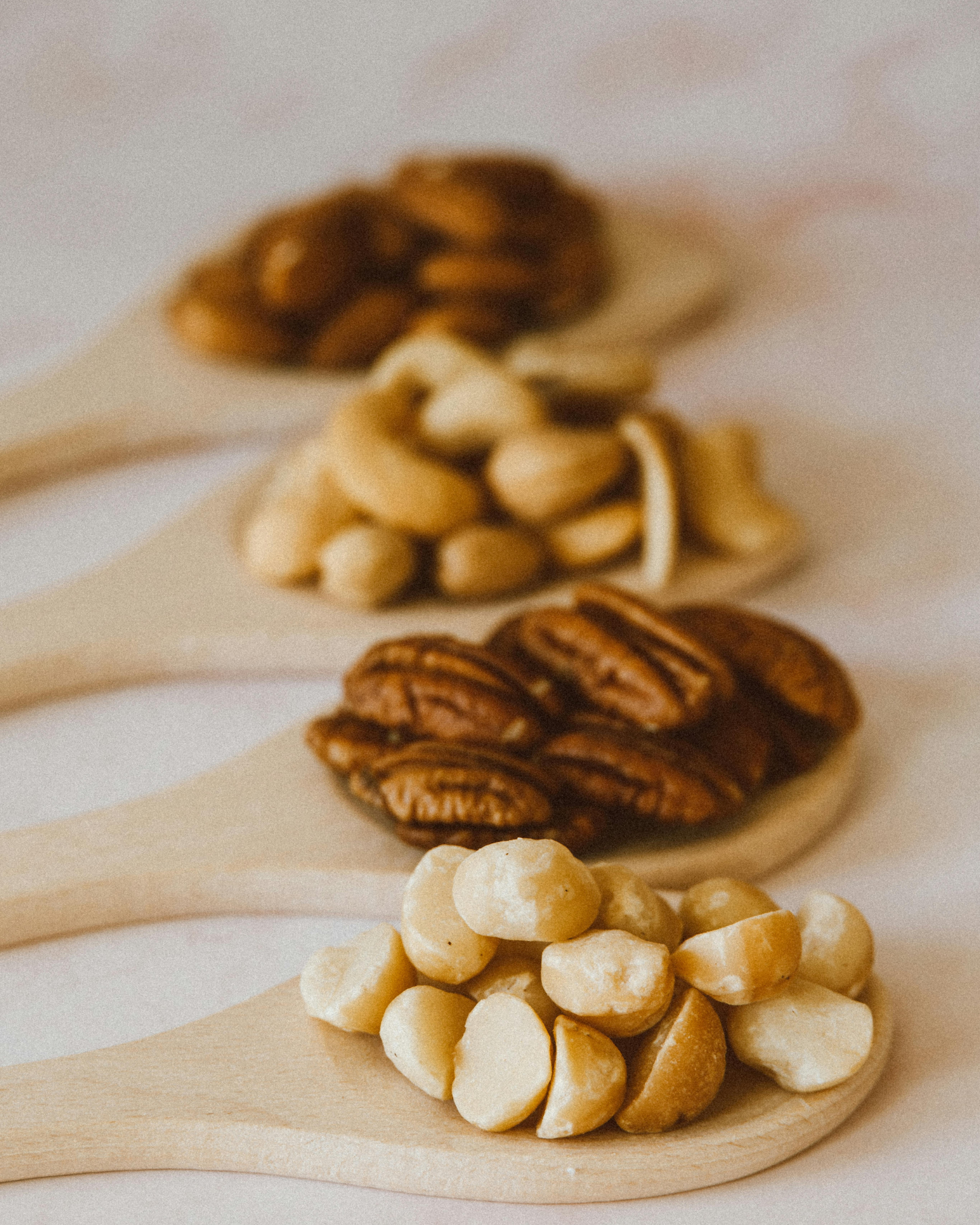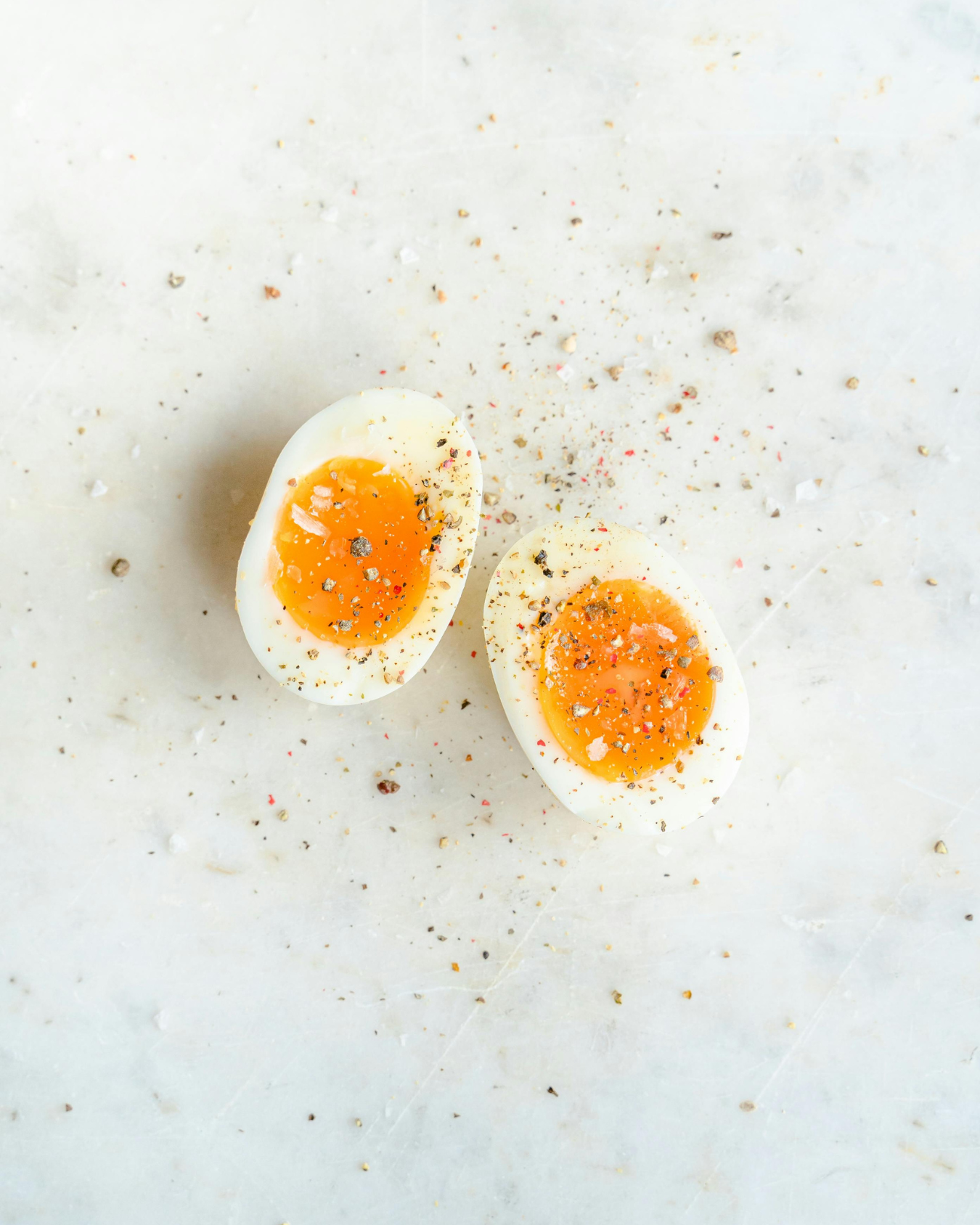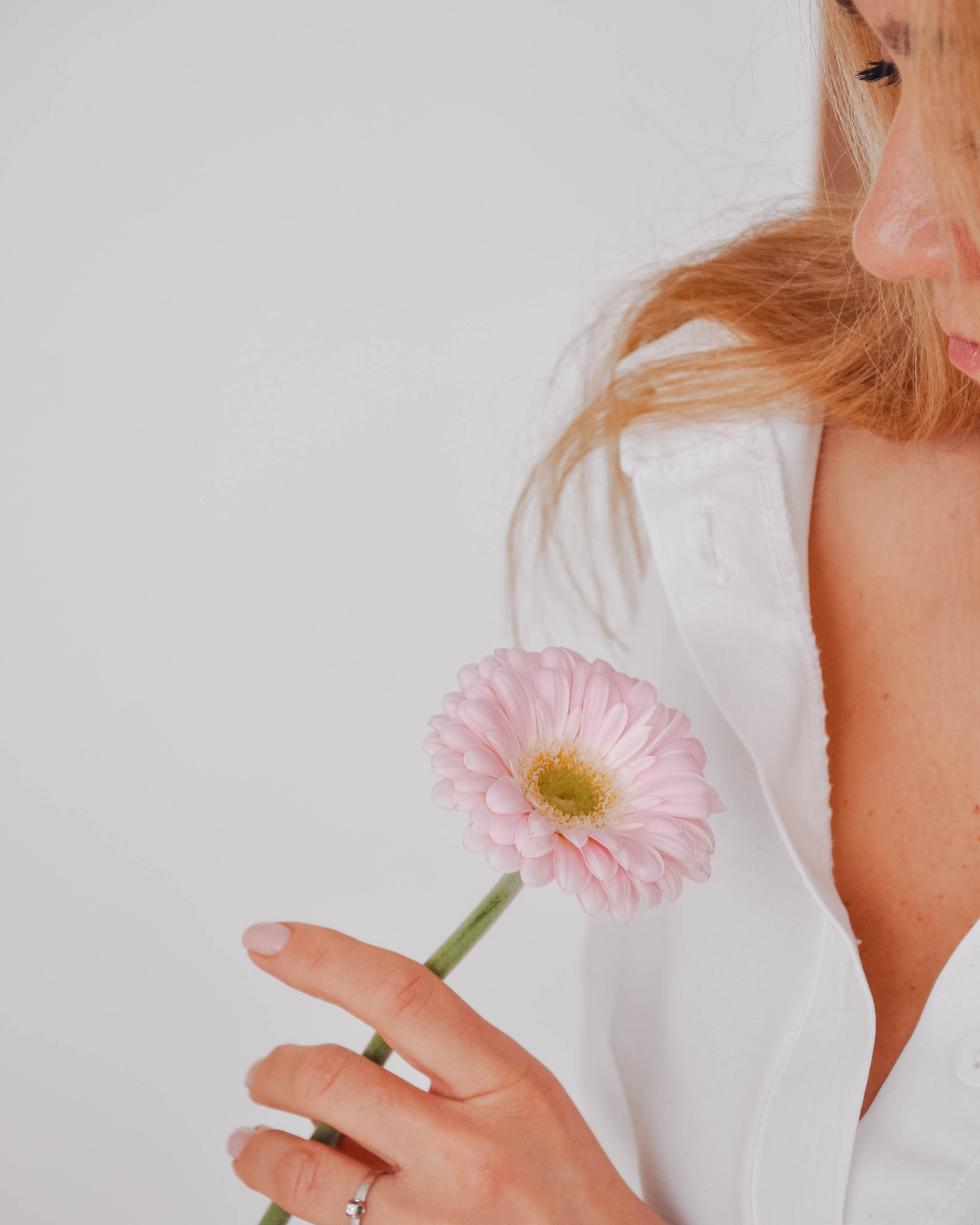Reading time: 5 minutes
Dry January: What does it mean?
Dry January is a challenge in which you abstain from alcohol for a month. The goal? To raise awareness about your alcohol consumption and discover its effects on your body. This tradition originated in England and is growing in popularity every year. The idea is simple: break habits, feel fitter, and discover what it's like to live alcohol-free.
Research shows that after a month, Dry January participants feel better about themselves, have more control over their drinking, and even drink less alcohol months later. For many, this challenge is a stepping stone to a healthier lifestyle.
What does alcohol do to your body?
While a glass of wine or a beer may seem harmless, alcohol is a toxic substance. It affects almost every organ in your body. The effects are both acute (like a hangover) and long-lasting, depending on how much and how often you drink.
Here's a quick overview:
- On your brain: Alcohol disrupts the neurotransmitters in your brain, affecting your mood, memory, and cognitive performance. Long-term use can even lead to brain damage.
- On your liver: Alcohol is broken down in the liver, but this process produces toxins such as acetaldehyde, which cause inflammation and cell damage.
- On your immune system: Alcohol suppresses your immune system, making you more susceptible to infections.
The health risks of alcohol
A month of alcohol break can help repair some of this damage and reduce the risk of chronic diseases.
Long-term and excessive alcohol use can cause serious health problems, including:
- Damage to the liver: such as cirrhosis.
- Increased risk of cancer: especially breast cancer.
- Cardiovascular diseases: such as high blood pressure or heart rhythm disturbances.
- Reduced brain function: such as memory loss.
What happens when you stop drinking alcohol?
- Your liver gets a rest: Within a few days of your last drink, your liver begins to repair itself. Inflammation decreases, and your liver cells function more efficiently. After a month, the fat in your liver can be significantly reduced.
- Your skin radiates more: Alcohol dries out your skin, leading to a dull appearance and premature aging. During Dry January, you'll quickly notice your skin becoming smoother and more radiant.
- You sleep better: While alcohol helps you fall asleep faster, it disrupts deep sleep and REM sleep. Without alcohol, you'll feel more rested and alert in the morning.
- More energy and better mood: Without alcohol, your body feels more energetic and clear-headed. Your mood stabilizes because your neurotransmitters like dopamine and serotonin are rebalanced.
Dry January tips to keep going
Want to get through Dry January successfully? Here are 9 practical tips:
- Set a clear goal: Know why you're participating. Write down your motivation and place it in a visible place, like your refrigerator.
- Keep a journal/diary: Keep a daily record of how you feel. This will help you become aware of the positive effects of an alcohol-free lifestyle.
- Be prepared for social situations: Always have a non-alcoholic drink in mind for parties. Practice politely declining.
- Plan your alternatives: Invest in some delicious non-alcoholic drinks, like herbal tea, sparkling water with fresh fruit, or mocktails. Check out our favorite recipes below!
- Find a buddy: Participating with a friend or family member makes it more fun and motivates you to keep going.
- Provide distraction: Exercise, cook, read, or discover a new hobby. This will prevent you from falling back on old habits.
- Make alternatives attractive: Celebrate your successes! Buy something nice or treat yourself to a relaxing activity.
- Reward yourself: Celebrate your successes! Buy something nice or treat yourself to a relaxing activity.
- Be gentle with yourself: Is it difficult? That's normal. Focus on what you've accomplished instead of what wasn't perfect.
Dry January bonus tip:
Example product
During Dry January, your body has the opportunity to recover from the negative effects of alcohol. To support this process and maintain your energy levels, consider natural supplements like Goldea Health's Energy Boost . It contains essential nutrients like B vitamins and magnesium, which help restore your energy balance, reduce fatigue, and support your mental clarity during this alcohol-free period.
Bonus tip: our top 3 alcohol-free mocktails
- Refreshing citrus boost: Sparkling water, orange slices, lemon, fresh mint and a dash of ginger extract.
- Tropical coconut-lime spritzer: Coconut water, fresh lime juice and crushed basil leaves.
- Forest fruit twist: Sparkling water, frozen blueberries, raspberries and elderflower juice.
Conclusion:
Dry January isn't just a challenge, it's also an opportunity to improve your health and become more mindful of your drinking habits. Your body gets the rest it needs to recover, your energy and focus improve, and you learn to discover alternatives that are just as delicious and healthy.
With the right mindset and our tips, you can not only endure Dry January, but even enjoy it. Want to learn more about natural ways to support your health?
Discover our blogs and supplements at Goldea Health – your partner in a healthier lifestyle.

Get the most out of your health!
Ready for advice that truly makes a difference? Book a phone or online consultation and receive personalized advice from one of our orthomolecular therapists. Together, we'll work towards your optimal health!
FAQs
What happens to your body when you stop drinking alcohol?
When you quit alcohol, your body gets a chance to recover. Your liver can reduce inflammation and fat deposits, your skin becomes hydrated and more radiant, and you sleep better because your REM sleep is no longer disrupted. In addition, your blood sugar levels and mood stabilize due to a better balance of neurotransmitters like dopamine.
Is a month without alcohol really enough to experience health benefits?
Yes, absolutely. Within a few days, your liver and skin begin to recover, and after a month, your energy levels and mental clarity can improve significantly. Studies also show that people who participate in Dry January often maintain healthier drinking habits afterward.
What are the alternatives to alcohol during Dry January?
There are plenty of non-alcoholic drinks to try! Think mocktails like a refreshing citrus boost (soda, orange, lemon, and mint) or a tropical coconut-lime spritzer. Herbal teas, fruit-infused sparkling water, and non-alcoholic wines or beers are also popular options.
How do I stay motivated during Dry January?
Set a clear goal for why you're participating and write it down. Do the challenge with a friend or family member for extra motivation. Plan fun alternatives like alcohol-free social activities and reward yourself for small successes. Focus on the benefits you'll experience, such as better sleep, more energy, and clearer skin.
Can I use supplements to feel fitter during Dry January?
Yes, supplements like Goldea Health's Energy Boost can help. It contains B vitamins, magnesium, and adaptogenic herbs like ashwagandha, which boost your energy levels and support mental clarity. This is an ideal supplement to maximize the benefits of Dry January.



